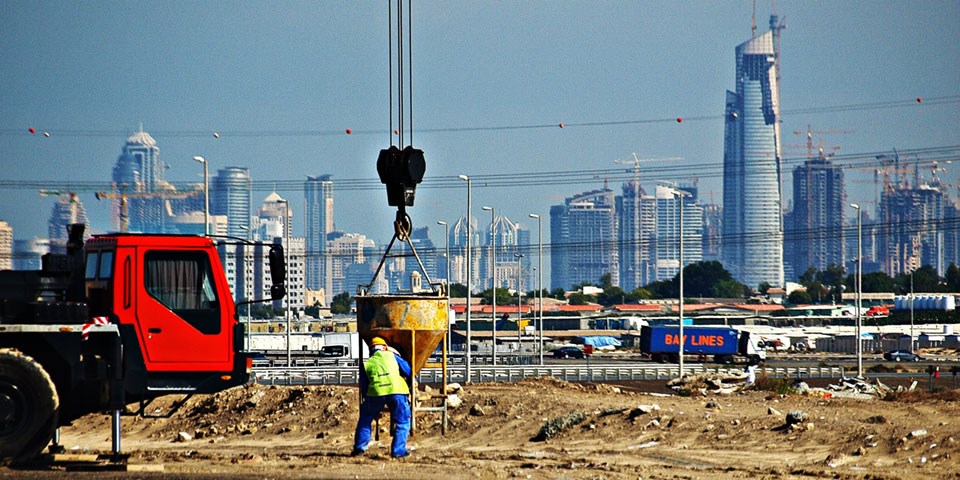According to the UAE Civil Defence Department, the code, which is undergoing its first significant revision since 2011, will be released within the next few months. Dr Carlo Farina, Managing Director of Friedrich Geldbach, Gmbh stated: “Steel has always been a key component of building infrastructure…It is critical that industry players work together with policy makers and regulators to co-develop solutions that enhance the sector and evolve safety and security protocols. We strongly believe that steel materials require a greater level of recognition at a regulatory level.”
The updated version of the UAE fire safety code will contain more detail on specifications for cladding, mandatory requirements for owners and clarify responsibilities in construction, maintenance and repair work. It will also include comprehensive material tests and outline new consultant responsibilities ranging from material usage to regular site inspections. As part of increasing consultant accountability for material usage, the new code will require consultants to seek and present no objection certificates (NOC) from the UAE Civil Defence Department, a move aimed at ensuring that all contractors are sufficiently qualified.
Anaïs EIDEN, Group Senior Legal Manager, Intellectual Property and Innovation at Vallourec added: “Members of SAAC hope that the new Fire and Life Safety Code will result in consultants being more cautious and accountable when it comes to sourcing building materials. The use of fake steel products increases the risks of occurrence of accidents both during construction and throughout the lifecycle of the building structure”.

Andrey Burtsev, Vice-President of sales, Interpipe added: “Along with Dubai’s ongoing projects in real estate and energy in preparations for the Dubai Expo 2020, it is increasingly important to ensure that we regulate the materials supply chain to protect the integrity of our structures and the safety of the people”.
The construction boom in the states of the Gulf Cooperation Council has led to increased unfair competition and unlawful conduct of certain suppliers, negatively impacting product quality, says the SAAC. It particularly objects to two forms of illicit practices resulting in safety risks – firstly, the fraudulent marking of non-certified steel products with the brand of well-known, reputed suppliers often sold together with falsified certificates– and secondly, the refurbishment of used products to appear as new.
For that reason, the SAAC met Tuesday, 8th of November with the UAE Civil Defence Department to share steel industry concerns and explore together the possibility of the adoption, in the revised UAE fire safety code, of more stringent rules regarding the control of the origin of steel and steel products. In particular, this would imply increased mandatory checks of the authenticity of the mill test certificates
(MTC) to mitigate the use of counterfeit products. These controls are critical to guarantee the quality of the steel products to ensure compliance with the high safety standards required in the construction sector. To learn more about the non-profit Steel Alliance Against Counterfeiting visit their website:https://fight-fake.org.


